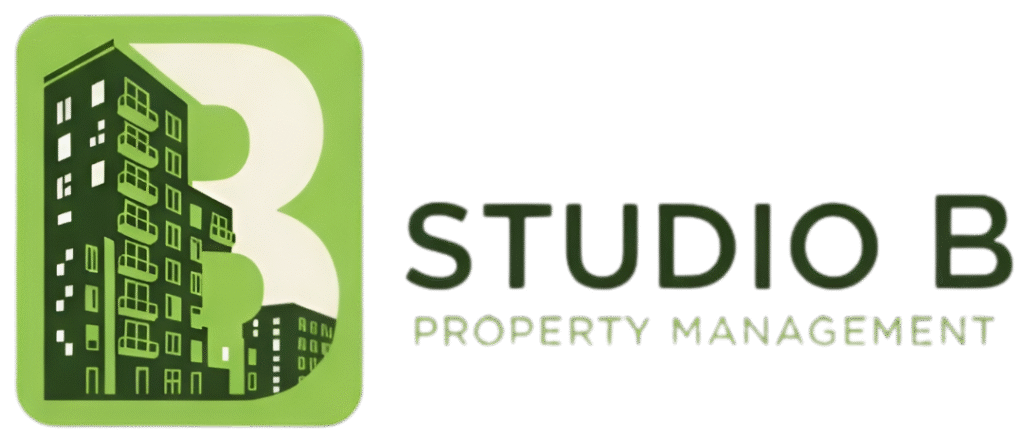Discover Studios, Services & More Across USA | StudioBDTLA
How to Create a Studio Portfolio That Attracts Clients

In a competitive creative market—especially in cities like Los Angeles or New York—your studio portfolio isn’t just a gallery of past work. It’s your most powerful tool for making a lasting first impression, building trust, and convincing clients to book with you.
Table of Contents
Whether you’re a photographer, videographer, podcast producer, or multidisciplinary creator, the right portfolio can help you stand out, communicate your value, and showcase what makes your studio the right fit.
Let’s walk through the key steps to building a client-winning studio portfolio, both online and in print.
Why Your Studio Portfolio Matters
Your portfolio is often the first thing a potential client sees. It acts as your visual resume, creative showcase, and trust-builder all in one.
First Impressions Count
Clients browsing multiple studios will often judge you in seconds based on how your portfolio looks and feels. A clear, professional portfolio signals quality, consistency, and experience.
It Shows Your Studio’s Style
Whether your aesthetic is bold and editorial or clean and minimalist, your portfolio sets the tone for what a client can expect when they work with you.
Step 1: Curate With Intention
One of the biggest mistakes studio owners make is trying to include everything. The best portfolios are curated to highlight your strongest and most relevant work.
Showcase Your Best Work, Not All Work
Choose pieces that demonstrate quality, creativity, and versatility. Prioritize projects that:
- Reflect your signature style
- Appeal to your ideal client
- Were done for recognizable brands or high-profile collaborators
Organize by Service or Niche
If your studio offers multiple services (e.g. photography, video, podcast production), organize your portfolio into clear categories. This helps users find what they’re looking for faster and keeps your brand message focused.
Step 2: Highlight Results and Client Impact
Don’t just show what you created—show why it mattered. If you helped a client go viral, boosted a brand’s image, or captured a key moment, mention it.
Add Brief Project Descriptions
Include a sentence or two about the goal, your approach, and the outcome. For example:
“Shot this campaign for an eco-beauty brand’s product launch. The photos were featured in Vogue’s Earth Month issue and drove a 25% increase in social engagement.”
Include Client Logos or Testimonials
Add logos of brands you’ve worked with or short testimonials directly under each project. This builds credibility and trust.
Step 3: Invest in Quality Visual Presentation
Even the best work can fall flat if it’s not presented well.
Use High-Resolution Images and Clean Layouts
Avoid over-cluttered grids or outdated slideshows. Let each project breathe with white space, clean design, and full-width visuals when possible.
Match Your Website’s Branding
Your portfolio should feel like part of your brand—not just a random collection of work. Use the same fonts, colors, and tone throughout your site for consistency.
Step 4: Make It Easy to Navigate
If visitors can’t quickly find what they’re looking for, they’ll leave. A seamless experience keeps potential clients engaged and interested.
Use Clear Menus and Filters
Let users sort by service, client type, or creative direction. This works especially well for studios serving multiple industries like fashion, music, or corporate brands.
Optimize for Mobile and Speed
Make sure your portfolio loads quickly on phones and tablets. Many clients will view your site from mobile first.
Step 5: Include a Call-to-Action (CTA)
Once a viewer is impressed by your work, tell them what to do next.
CTA Ideas:
- Book a Consultation
- Schedule a Studio Tour
- Request a Custom Quote
- See Full Project Case Study
Place your CTA at the bottom of your portfolio page and on individual project pages.
Step 6: Keep It Updated
A stale portfolio signals an inactive or out-of-date studio. Make regular updates a priority.
Audit Every 3–6 Months
Remove outdated work, add new projects, and rotate in your strongest content. Highlight seasonal or recent work that feels fresh and relevant.
Use It as a Marketing Tool
Share new portfolio pieces on social media and in newsletters. Each project can be a story you tell your audience—and an opportunity to drive traffic back to your website.
Optional Add-Ons That Convert
These extra features can give your portfolio a competitive edge:
Behind-the-Scenes Content
Include BTS photos or videos to show your creative process. This humanizes your studio and makes it more relatable.
Downloadable Lookbook
Offer a downloadable PDF or digital lookbook version of your portfolio—great for sharing with agencies, collaborators, or clients without strong Wi-Fi access.
Video Showreel
If your studio does video, motion design, or production work, a 60–90 second showreel can be more impactful than stills alone.
Final Thoughts
Your portfolio is your digital handshake. It’s where first impressions form and future bookings begin. With a thoughtful, high-quality portfolio that showcases your best work and speaks directly to your ideal clients, your studio becomes more than just a space—it becomes a brand people want to work with.
